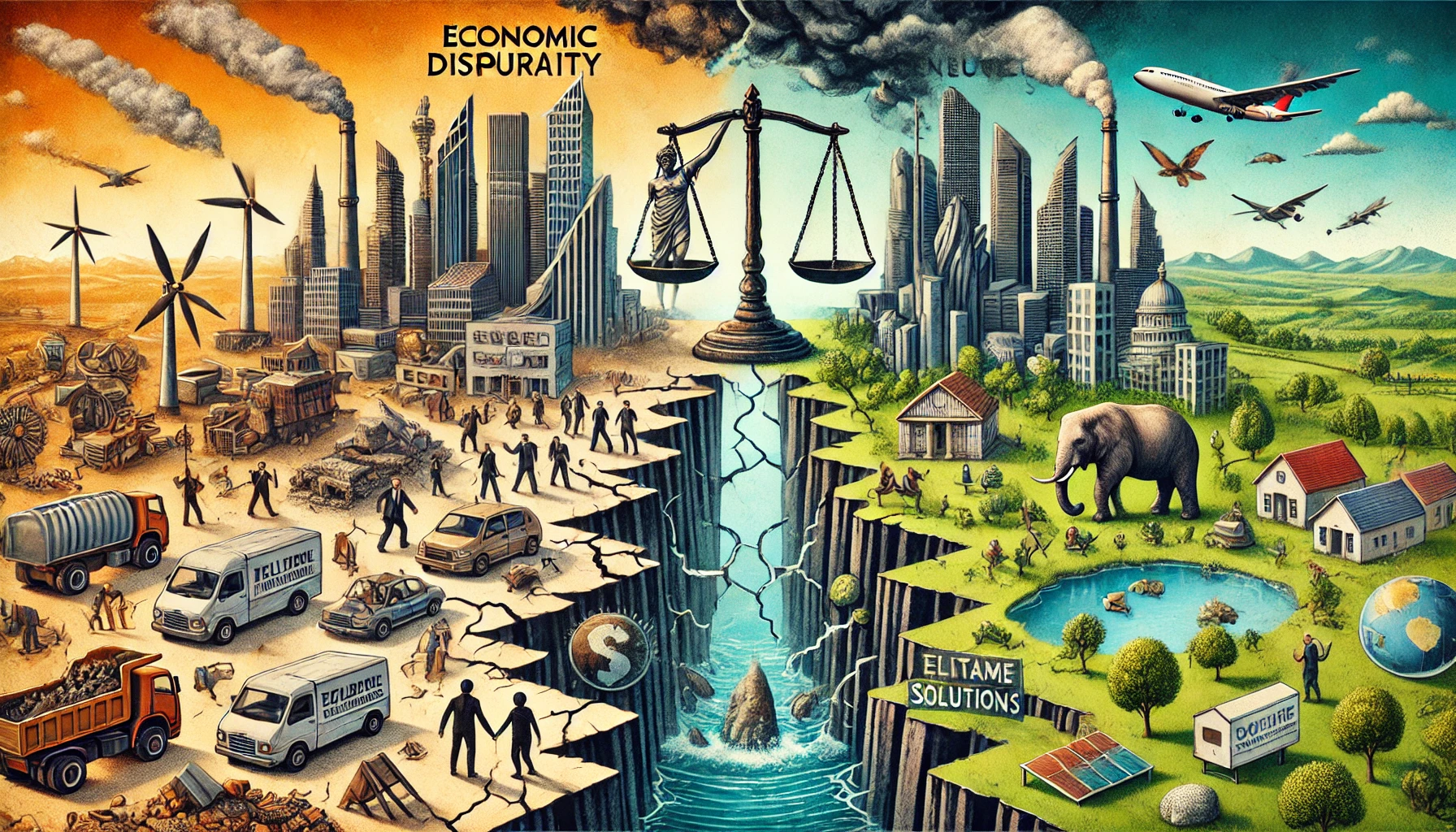Sustainable development is a critical global objective aimed at balancing economic growth, social equity, and environmental protection. However, despite global efforts and commitments, several challenges continue to hinder progress, delaying the achievement of sustainability goals. These obstacles range from economic and political barriers to social and environmental concerns.
One of the primary issues is economic disparity. Many developing nations struggle with limited financial resources, making it difficult to invest in sustainable infrastructure, renewable energy, and environmental conservation. Wealthier nations, while having the financial means, sometimes prioritize short-term economic gains over long-term sustainability. This economic imbalance creates a gap in sustainability progress across different regions (UNDP, 2021).
Political instability and lack of governance also contribute to delays in sustainable development. Corruption, inadequate enforcement of environmental regulations, and inconsistent policies prevent effective implementation of sustainability initiatives. Governments may fail to integrate sustainability into national policies due to competing priorities or lack of political will. International cooperation is often hindered by conflicts of interest between nations, further slowing down progress (OECD, 2020).
Another critical challenge is public awareness and behavior. Many individuals and businesses prioritize convenience and cost-effectiveness over sustainability. The lack of widespread environmental education results in unsustainable consumption patterns, excessive waste generation, and resistance to adopting greener alternatives. Without public engagement and collective action, achieving sustainability remains difficult (World Bank, 2019).
Additionally, rapid urbanization and industrialization exert immense pressure on natural resources. Uncontrolled urban expansion leads to deforestation, habitat destruction, and increased pollution levels. Industrial activities contribute significantly to carbon emissions, further exacerbating climate change. While technological advancements offer potential solutions, their implementation is often slow due to high costs and resistance to change (IPCC, 2022).
Finally, climate change itself presents a major obstacle to sustainable development. Rising temperatures, extreme weather conditions, and natural disasters disrupt economic stability, food production, and water availability. Vulnerable communities suffer the most, as they lack the resources to adapt to climate-related challenges. Without proactive measures, climate change will continue to undermine global sustainability efforts (UNEP, 2023).
Addressing these challenges requires collaborative efforts from governments, businesses, and individuals. Policy reforms, financial support for developing nations, stricter environmental regulations, and widespread education are essential in accelerating progress toward sustainability. By overcoming these obstacles, societies can move closer to achieving a balanced and resilient future for all.


